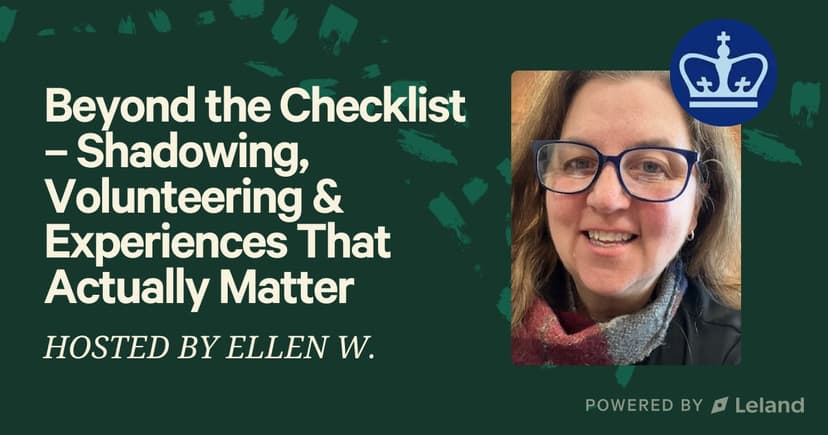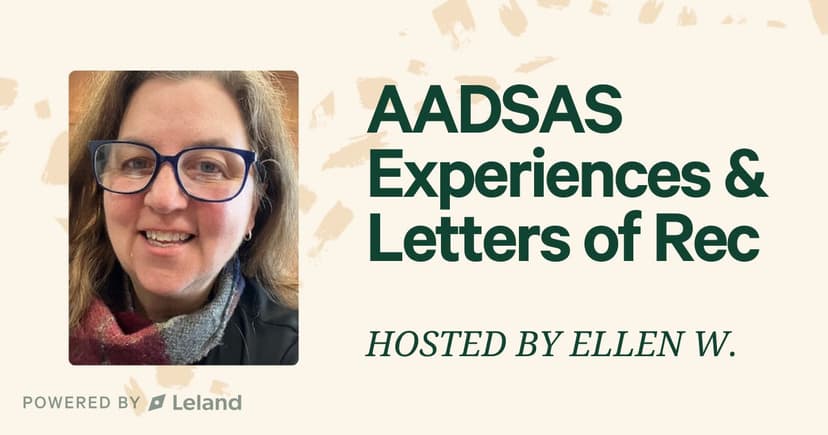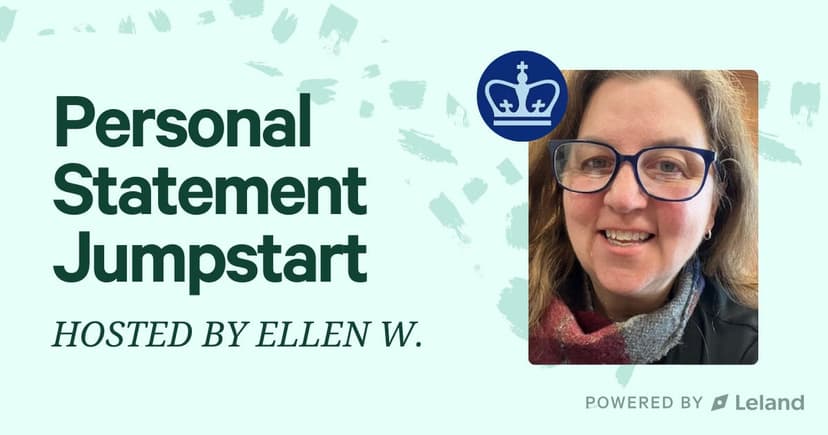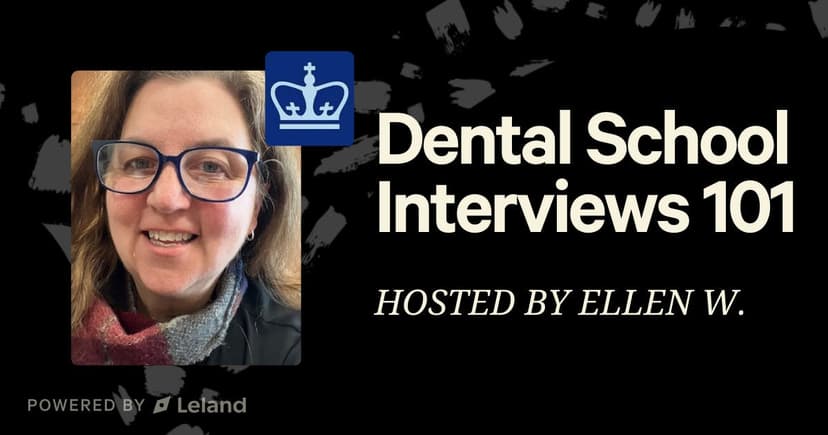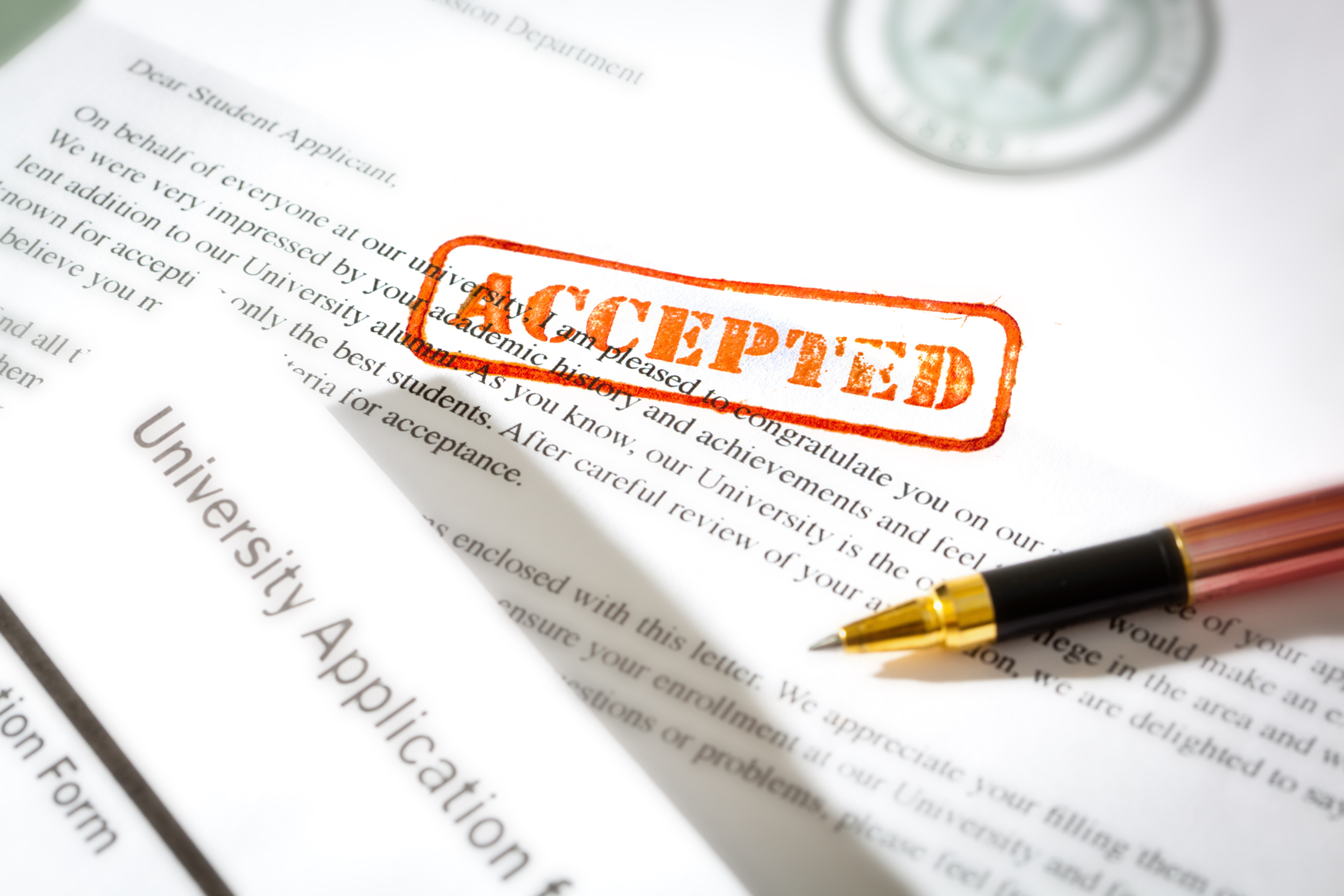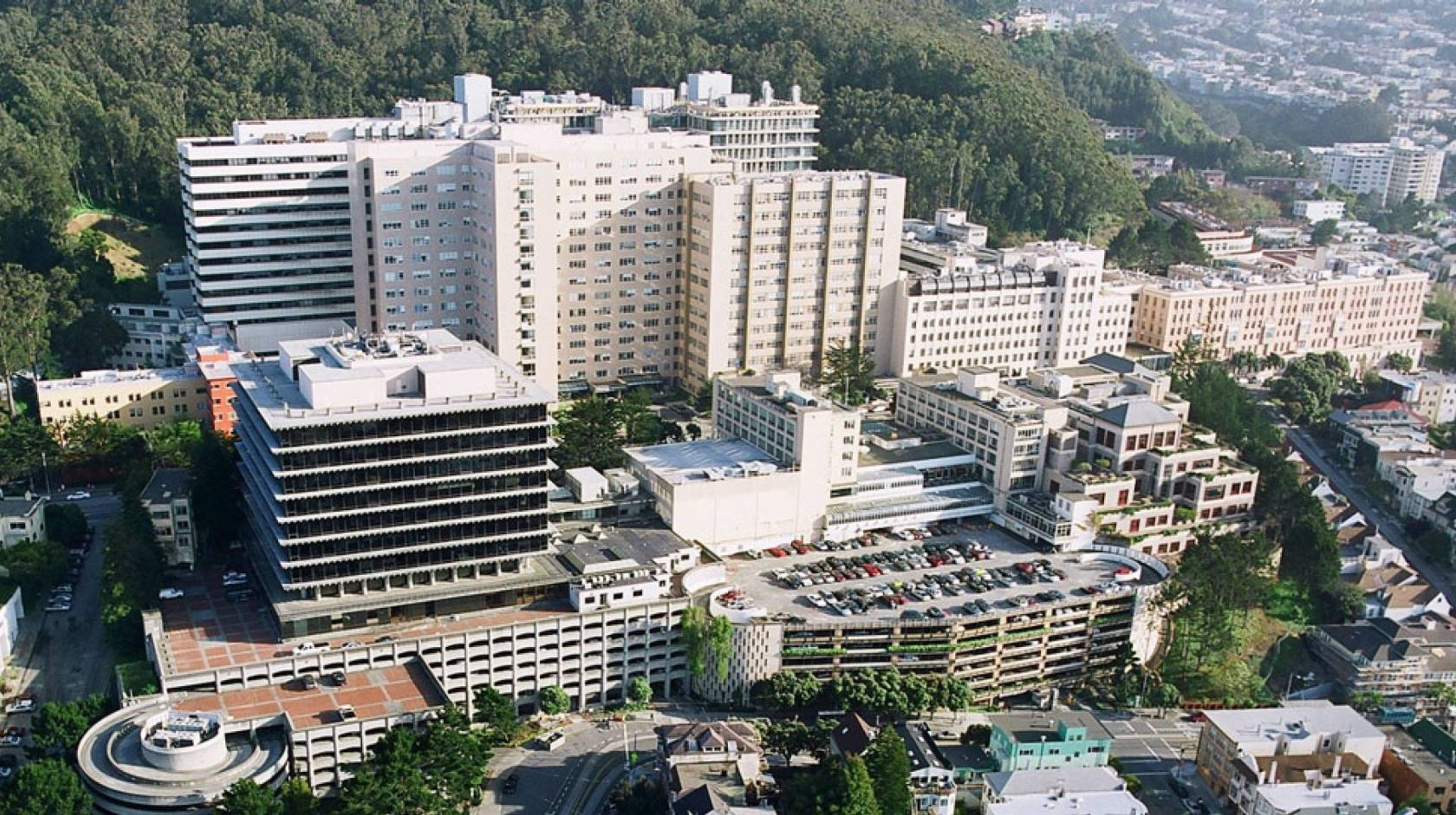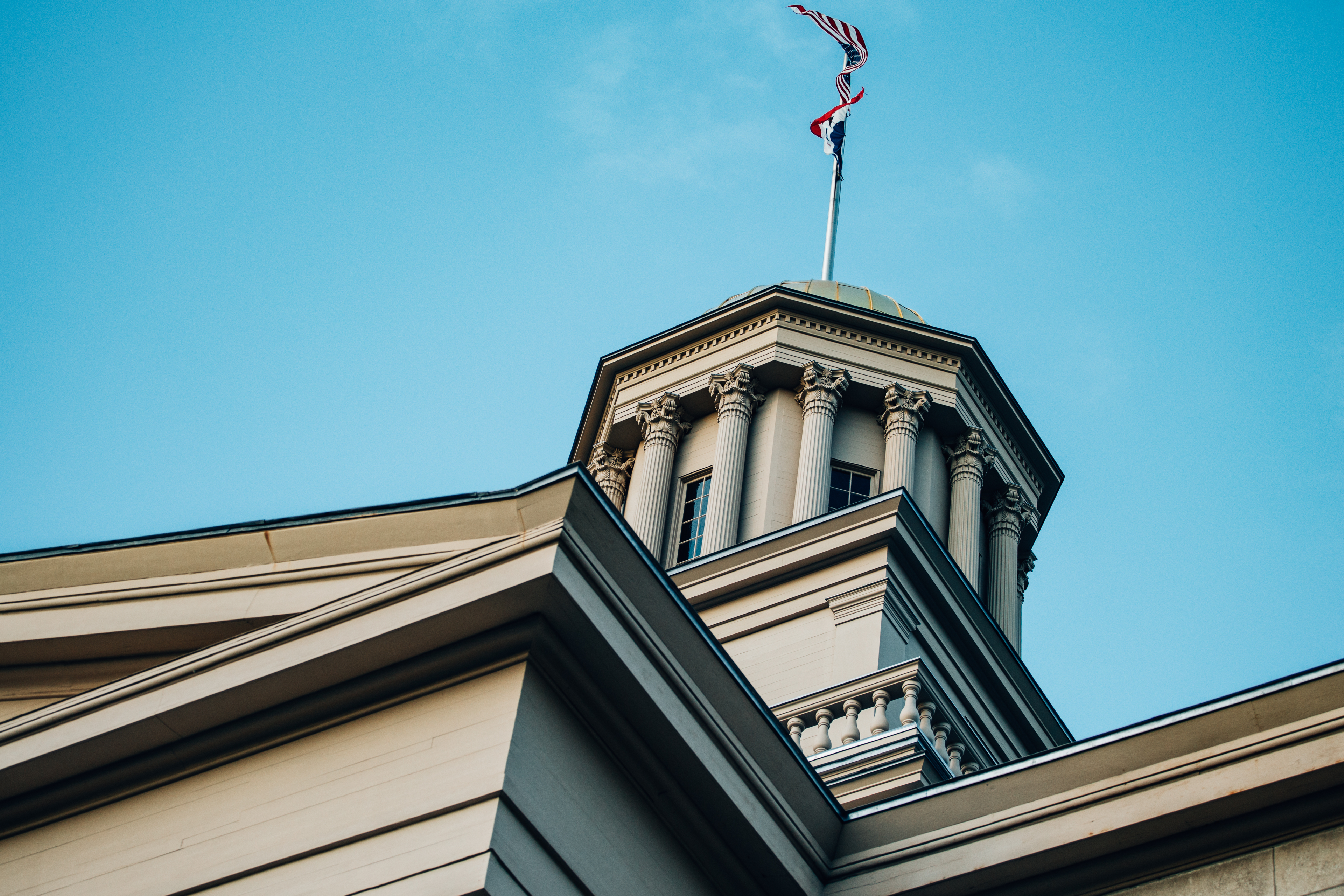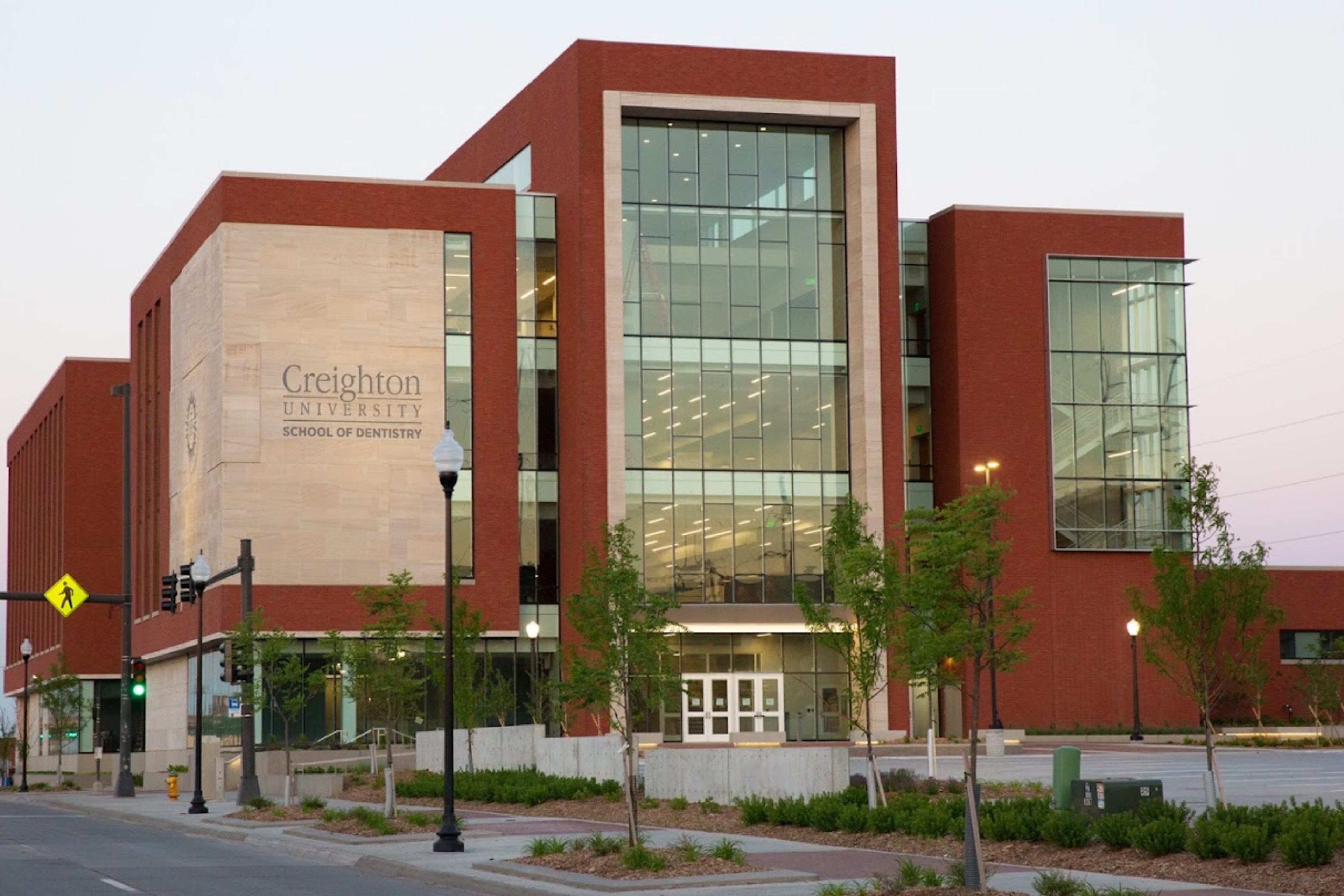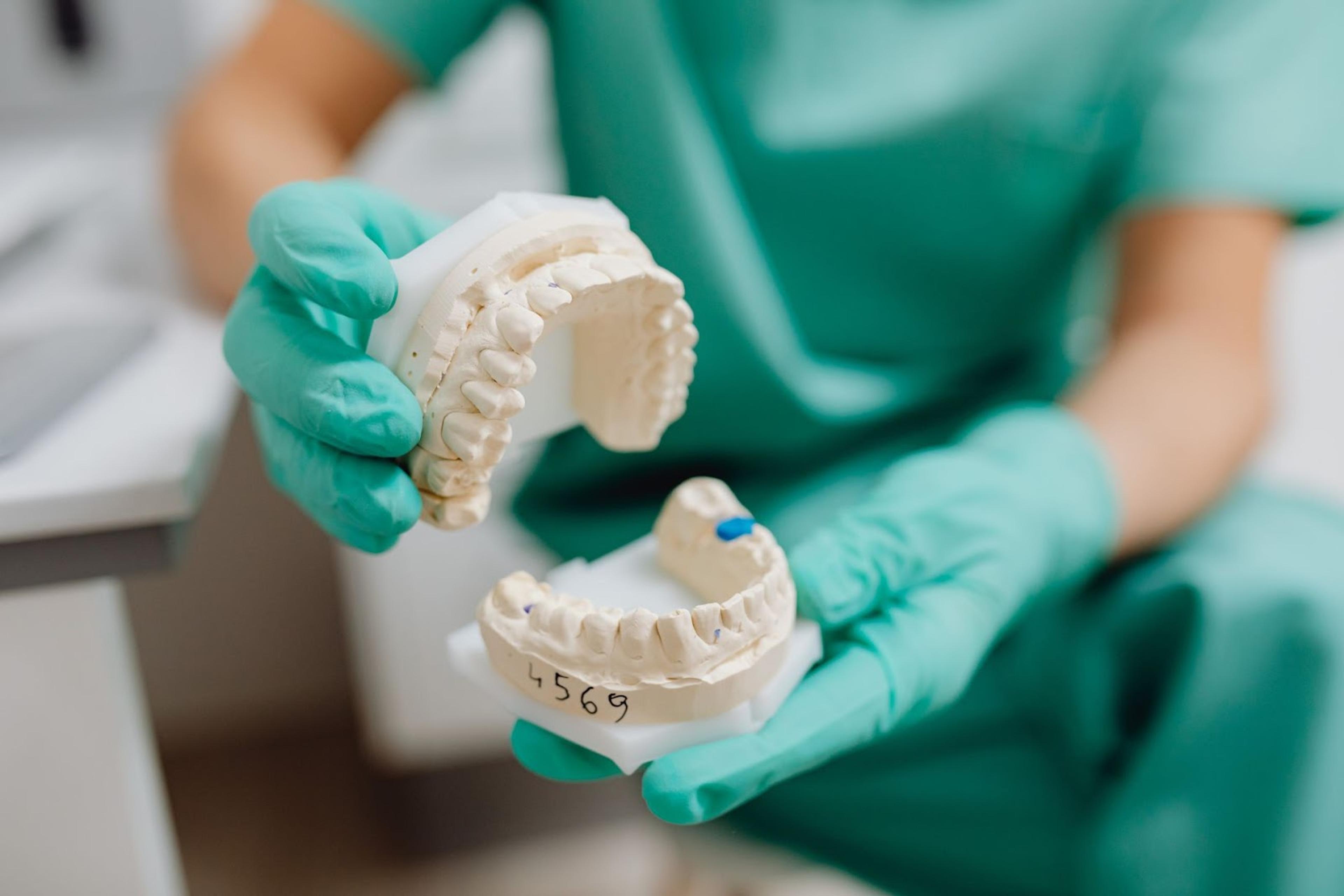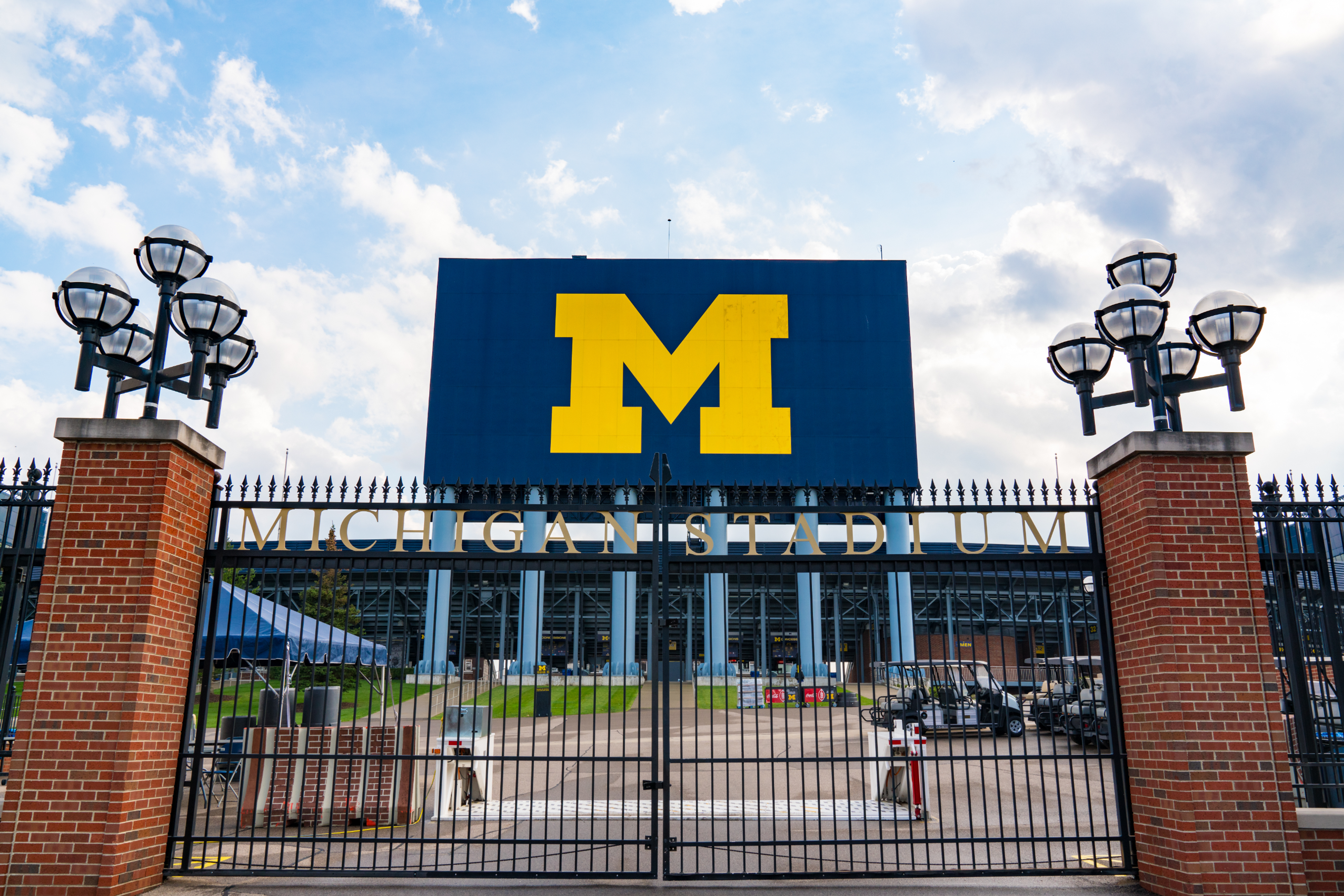UCSF School of Dentistry: DDS Program Overview & Admissions Requirements
Discover the admissions requirements for the UCSF School of Dentistry in this comprehensive overview.
Posted July 8, 2025
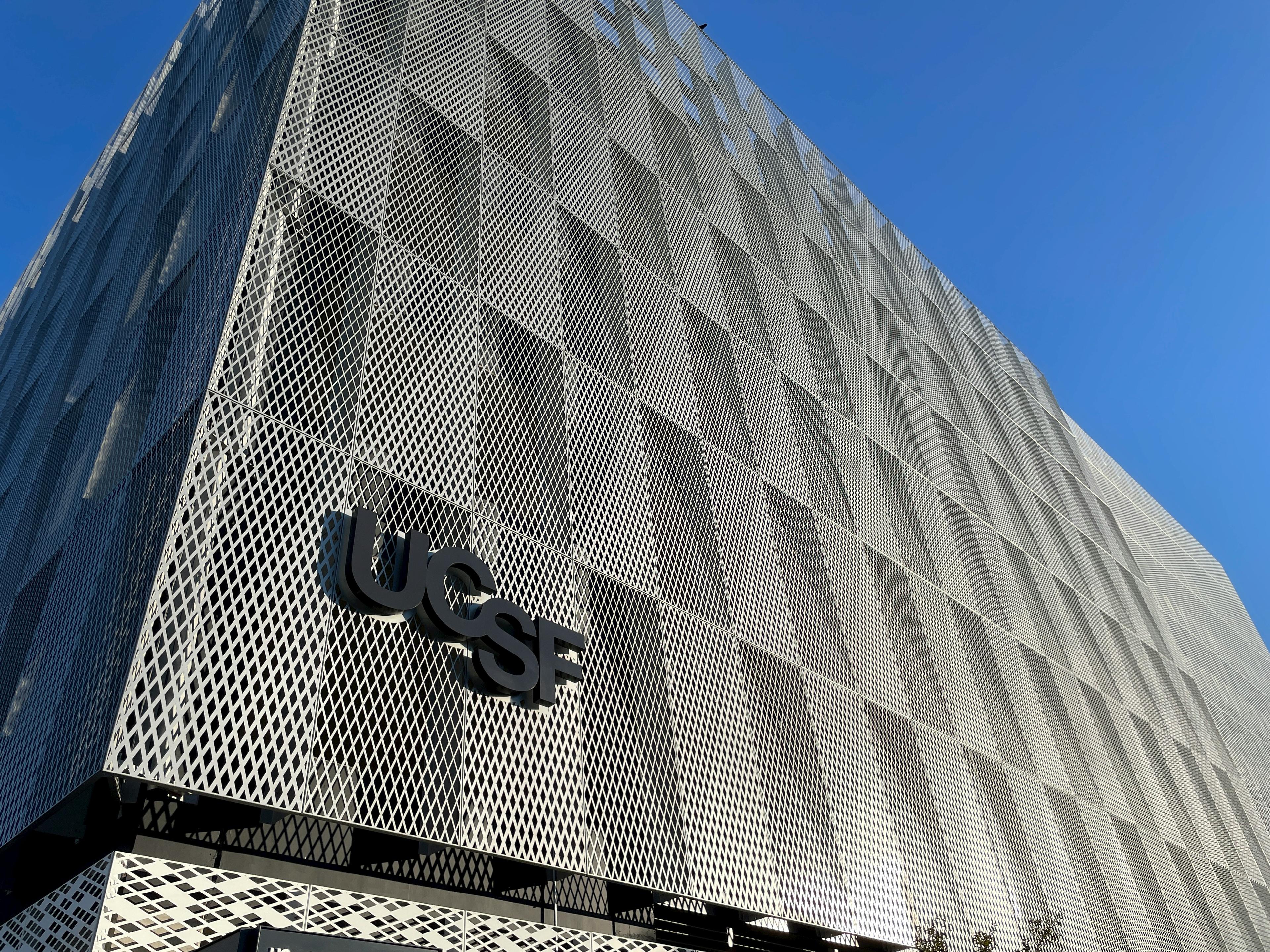
Join a free event
Learn from top coaches and industry experts in live, interactive sessions you can join for free.
Table of Contents
The UCSF School of Dentistry is the home of one of the top DDS programs in the United States, offering a unique educational experience that combines innovative research, rigorous coursework, hands-on clinical training, and a commitment to public service. As you consider applying to the DDS program at UCSF, it is important to understand the admissions requirements and what you can do to maximize your chances of acceptance. In this article, we will provide a comprehensive overview of the admissions process, including general requirements, academic prerequisites, and tips for preparing a standout application, and a brief overview of the UCSF DDS program.
UCSF Class Profile (Class of 2028)
- Class Size: Not explicitly stated, but typically ~109
- Acceptance Rate: Approximately 6.4%
- Average Overall GPA: 3.71
- Average Science GPA: 3.65
- DAT Academic Average: 23.3
- DAT Total Science Average: 23.4
- Female Students: 59%
- Male Students: 41%
Residency Breakdown:
- California Residents: 69%
- Out-of-State (OOS): 30%
- International: 2%
Ethnicity:
- Asian: 45%
- Hispanic: 20%
- White: 14%
- Black: 13%
- Filipino: 2%
- Non-Resident Aliens (NRA): 2%
- Did Not Report (DNR): 5%
- GPA Range (Cumulative): 2.31 – 4.00
- GPA Range (Science): 2.57 – 4.00
- DAT Score Range (AA): 18 – 29
- DAT Score Range (TS): 16 – 30
UCSF DDS Application Overview
Application Deadlines
To apply to the University of Michigan School of Dentistry DDS program, all application materials, including transcripts, DAT scores, and letters of recommendation, must be submitted through ADEA AADSAS by:
Note: Application Deadline: October 31 (11:59 PM ET) This includes all supporting documents. Late or incomplete submissions will not be reviewed.
Expert Tip: Because UMich follows a rolling admissions process, it's best to submit your application as early as possible to increase your chances of receiving an interview invitation.
Registration & Enrollment (After Admission)
Once admitted, students must follow the University of Michigan’s official academic registration and enrollment procedures. Key components include:
- Spring/Summer Registration: Opens in early spring (specific dates vary each year)
- Fall Term Registration: Typically begins mid-summer via the Wolverine Access Student Portal
- Study List Filing Deadlines: Students must confirm and file their courses each semester by the registrar’s published deadline
- Orientation & ID Card Setup: New DDS students will receive information from the School of Dentistry’s admissions office regarding orientation, technology onboarding, and student services access
Tuition & Fee Payment
All tuition and fees are managed through the U-M Office of the Registrar and Student Financial Services. Deadlines for tuition payments are typically due just before the start of the term. For the 2025–2026 cycle:
- D1 Year (10-month budget): Begins in late June or early July
- Payment plans and financial aid info can be accessed via Wolverine Access
General Requirements
The admissions process at UCSF Dentistry is highly competitive, with only a select number of students accepted each year. Applicants must meet the following general requirements:
- 93 semester units or 139 quarter units completed at an accredited U.S. or English-speaking Canadian institution
- At least 29 semester units or 43 quarter units must be completed at a four-year institution
- Up to 64 semester units or 96 quarter units can be accepted from a community college
- A minimum cumulative GPA of 3.0
- A minimum science GPA of 2.7
- A competitive score on the Dental Admission Test (DAT)

Academic Prerequisites
In addition to the general requirements, applicants must also have completed specific prerequisite courses at an accredited institution, and a grade of C- or higher must have been earned.
- Two courses in English composition (6 semester units/8 quarter units)
- ESL, scientific, professional, technical and creative writing classes do not fulfill this requirement
- One year of inorganic chemistry with laboratory (8 semester units/12 quarter units)
- One semester or two quarters of organic chemistry with laboratory (4 semester units/8 quarter units)
- Biochemistry (3 semester units/4 quarter units)
- This must be completed at a four-year institution
- Two semesters or three quarters of physics with laboratory (8 semester units/12 quarter units)
- One year of general biology or zoology with laboratory, designed for science majors (8 semester units/12 quarter units)
- Vertebrate zoology is highly recommended
- Anatomy, botany or elementary courses of a descriptive nature do not fulfill this requirement
- One semester or one quarter of general psychology (3 semester units/4 quarter units)
- Social sciences, humanities, or foreign language (11 semester units/16 quarter units)
- Additional electives to bring the total number of units to at least 93 semester units or 139 quarter units (42 semester units/63 quarter units)
- Recommended: embryology, comparative vertebrate anatomy, genetics, statistics
Applicants may use AP or IB exams to partially fulfill the above requirements. For the full AP and IB substitution guidelines, see the School of Dentistry (SOD) prerequisites for admissions page.
Supplemental Essay Questions
In addition to the ADEA AADSAS personal statement, UCSF Dental has three biographical statement questions.
Prompt 1: What is important to you in selecting a dental school? How will you make your decision about which school to attend? (1,500 character limit) Prompt 2: Why do you want to join the UCSF community? Please state briefly how you will contribute to the UCSF School of Dentistry. (1,500 character limit) Prompt 3: Please use this space to tell us anything additional that you believe is relevant to your application for admission. (Optional, 5,000 character limit)
Letters of Recommendation
You will need to submit three letters of recommendation for your UCSF dental application. One letter should be from a college science professor; another should be from a dentist, advisor, researcher, or mentor; and the last can be from anyone of your choice. You may also substitute all three letters of recommendation with one composite letter from a pre-professional health advisory committee.
Other Application Items
- Official transcripts from all colleges or universities attended
- Research experience (optional)
- Dental volunteering or shadowing experience (optional, but at least 100 hours is recommended)
- $75 application fee
- You automatically qualify for a fee waiver if you are participating in the ADEA Fee Assistance Program
- If you are at or below 200% of the federal poverty guidelines for gross annual income, you may apply for a fee waiver

UCSF Dental Interview Process: What to Expect
After submitting your application, you may be invited to participate in interviews with members of the admissions committee. Approximately 200 applicants are invited for virtual and in-person interviews in San Francisco each year. You will be assessed on the core competencies of motivation, self-awareness, problem-solving/critical thinking, and collaboration/teamwork/leadership by faculty members and current students on the UCSF dental admissions committee in two rounds:
- One-on-one Zoom interview with a faculty member
- One-on-one interview with a current student on the San Francisco campus
- You will also participate in a campus tour, a 30 minute writing exercise, and a lunch with student club leaders
- If you cannot attend in person, the Office of Admissions & Outreach will make arrangements for you to complete the interview and writing exercise virtually
Tips for Preparing for Your Interview
- Anticipate possible questions your interviewers may ask and prepare authentic answers
- Come with a list of questions for your interviewers. This shows enthusiasm on your part and will help you learn more about the UCSF School of Dentistry
- If you are traveling far from campus to participate in the student interview, the Student National Dental Association offers limited housing slots through the DentStay program, which you will receive more information about if you are invited to interview
- Be yourself! This is your chance to demonstrate how you will fit into the community of UCSF student dentists
Student Life at UCSF School of Dentistry
Cost of Attendance
Like most dental programs, UCSF’s DDS program can be a significant financial burden, especially with the high cost of living in San Francisco. However, as a public institution, UCSF has a relatively more affordable tuition, especially for California residents. UCSF automatically considers all DDS applicants for School of Dentistry scholarships, but only about 10 students receive these each year, so students are encouraged to apply for external scholarships using their database, work-study positions, loan forgiveness programs, and subsidized housing.
| D1 Tuition & Fees | D2Tuition & Fees | D3 Tuition & Fees | D4 Tuition & Fees | |
|---|---|---|---|---|
| California Residents | $72,625 | $72,289 | $69,914 | $73,362 |
| Non-residents | $84,870 | $84,534 | $82,159 | $85,607 |
Campus Life
With dozens of student organizations and a leading dental center, SOD students have plenty of outreach, volunteer, academic, cultural, and social opportunities on the main Parnassus Heights campus and throughout the San Francisco Bay Area, including:
- Patient care at community-based externship sites and the UCSF Dental Center
- The Dental Student Research Fellowship Program: students work closely with faculty members to conduct research over the summer before D1, the summer after D1, or during D2
- Clinical Research and Excellence Day: students and research trainees present their work, with speaking engagements and award ceremonies throughout the day
- Give Kids a Smile: annual free clinic in February for Bay Area children
- CDA Cares: two-day free clinics in April and October alternating between Northern and Southern California
- John C. Greene Society: student-run dental research organization connecting SOD students with research and professional development opportunities
DDS Curriculum Overview
UCSF’s DDS program is divided into four years with three to four quarters each and focuses on physical evaluation of patients, prevention of oral and dental disorders, disease diagnosis, and therapy. Students gain clinical exposure in structured rotations in general dentistry (community-based clinical education), prosthodontics, endodontics, periodontics, pediatrics, orthodontics, oral medicine, and oral and maxillofacial surgery. For the full course schedule, see the UCSF SOD curriculum page.
Key Takeaways
- The School of Dentistry at UCSF is undoubtedly a top dental school, with a rigorous education, hands-on clinical experience, and a dedication to research and community service
- To apply, you’ll need to meet the academic requirements and submit a DAT score, your transcripts, two to three supplemental essays, and three letters of recommendation
- In your application, consider how you align with the SOD’s core competencies: motivation, self-awareness, problem-solving/critical thinking, and collaboration/teamwork/leadership
Applying to UCSF Dental? Don’t Leave Your Future to Chance.
Work 1-on-1 with a dental school admissions coach to craft a standout application, prepare for UCSF’s unique interview format, and highlight what makes you the right fit for one of the top dental programs in the country. Browse all the Dental School Coaches here.
Here are a few other articles you may find helpful as you research and apply to dental school:
- An In-Depth Guide to the Dental School Application Timeline
- How Hard Is It (Actually) to Become a Dentist?
- Best Majors for Dental School: A Guide for Pre-Dental Students
- The Complete Guide to the Dental School Application
- How to Become a Dentist: Application, Degree Programs, FAQs
- The Top 25 Dental Schools – and How to Get In
FAQs
Is UCSF dental school hard to get into?
- Yes. UCSF School of Dentistry is highly competitive, with an estimated acceptance rate of around 6.4%. Most admitted students have strong academic credentials, including high GPAs and DAT scores, along with meaningful experiences in research, shadowing, and service.
How prestigious is UCSF dental school?
- UCSF is considered one of the most prestigious dental schools in the United States. It consistently ranks among the top programs nationally and globally, known for its excellence in clinical training, research, and public health impact.
How much does UCSF dental school cost?
- Tuition and fees for California residents are approximately $57,000–$60,000 per year. For non-residents, the cost is higher. When factoring in living expenses, supplies, and housing in San Francisco, the total cost of attendance can exceed $100,000 per year.
What GPA do you need to get into UCSF dental school?
- The minimum requirement is a 3.0 cumulative GPA and a 2.7 science GPA. However, admitted students typically have much stronger academic records. For the Class of 2028, the average cumulative GPA was 3.71 and the average science GPA was 3.65.
Browse hundreds of expert coaches
Leland coaches have helped thousands of people achieve their goals. A dedicated mentor can make all the difference.
